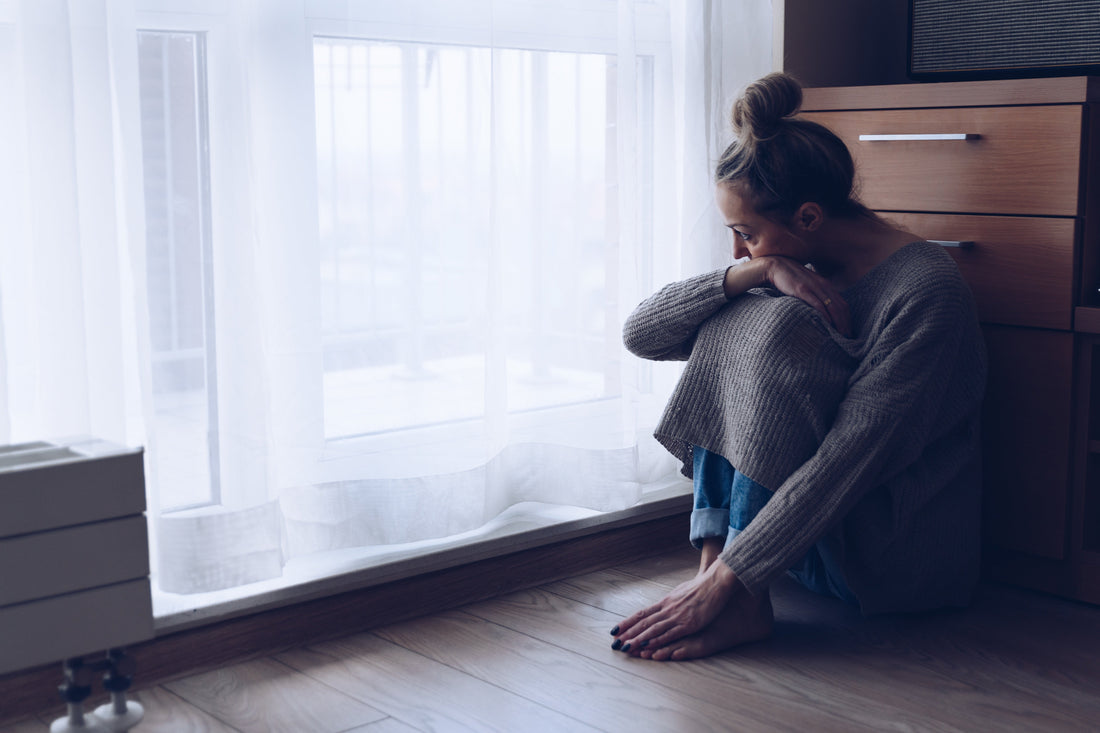
Loneliness in Sobriety: Why Connection Is Medicine
Share
I often hear from friends in recovery who are struggling with loneliness. It’s a feeling that can sneak up in sobriety, especially when the old ways of coping are gone. Loneliness is real, it hurts, and for many women it becomes one of the hardest parts of staying sober.
It’s also one of the most common experiences in sobriety.
When alcohol or drugs were part of your life, they might have felt like a constant companion. They were “there” when no one else was. For some of us, substances even made us feel more social—more talkative at a party, more willing to reach out, more comfortable in our own skin.
But in early sobriety, that changes. Suddenly, you may fear social situations because you don’t want to risk your sobriety. You may avoid old friends or familiar places because they’re unsafe. And for the first time, you begin to feel an emptiness. Is that the same as loneliness? Not always—but it’s real. And it can be dangerous if left unaddressed.
What Does Loneliness Feel Like?
Loneliness can feel like walking into a crowded room and still sensing you don’t belong. It can feel like carrying a weight in your chest, or like a silence that follows you around even when the TV is on or the phone is in your hand. In recovery, loneliness sometimes shows up as restlessness, irritability, or even a deep tiredness you can’t shake. It is the ache of being unseen, unheard, and disconnected—and it’s one of the hardest parts of staying sober.
What the Research Shows
Harvard just completed an 80-year study, the longest research of its kind. The findings were striking:
- The single greatest predictor of health and lifespan isn’t diet, exercise, or even genetics—it’s the quality of your relationships.
- Loneliness is as biologically toxic as smoking 15 cigarettes a day.
- Strong relationships buffer stress, strengthen immunity, and speed recovery.
- It’s not how many people you know, but how safe and truly connected you feel.
Here’s what the science tells us:
- Neurobiology: Connection calms the brain’s fear circuits. Loneliness floods stress hormones, aging the brain.
- Cardiac Health: Love strengthens the heart. Isolation increases risk of sudden cardiac death.
- Immunity: Relationships lower inflammation. Loneliness fuels disease.
- Epigenetics: Connection literally changes gene expression toward healing. Isolation turns on stress and degeneration.
In short: connection is coded into your nervous system, immune system, and even your DNA.
Connection is medicine. Isolation is poison.
In recovery, loneliness is one of the most common triggers. When you remove alcohol or drugs—your old “friend”—the void can feel unbearable. Add to that the fear of socializing in unsafe places, and many women find themselves isolating.
But here’s the challenge: sobriety is so much harder in isolation. Connection makes the journey lighter, safer, and more sustainable.
This is why recovery communities, meetings, and safe friendships matter so deeply. They are not “extras.” They are the medicine your whole self needs.
Recovery Principles for Loneliness
- Admit it. Saying, “I feel lonely,” is not a flaw—it’s honesty.
- Reach out. Call a sober friend, attend a meeting, or even text one person.
- Serve. Helping someone else can shift the focus and build belonging.
- Pray. Loneliness often carries the illusion that God is far away. Prayer reminds us we are never truly alone.
Practical Connection Steps
- Call or text one person daily, even if it’s just five minutes.
- Write in your journal—don’t let feelings bottle up.
- Invite someone safe to coffee, a walk, or a meeting.
- Pray a simple prayer: “God, meet me in my loneliness.”
A Word of Hope
Loneliness in sobriety is real—and it is not the end of your story. You are not strange, broken, or weak for feeling it. You are human. And humans were designed for connection.
At Today’s Sober Women, we want you to know: you are stronger than you think. Together, we can forge a new path so you don’t have to carry pain and loneliness by yourself.
Sobriety is about freedom—and that includes freedom from isolation. Healing begins with connection: with God, with others, and with yourself.
Love deeply. Reach out often. Let connection become part of your recovery medicine.


